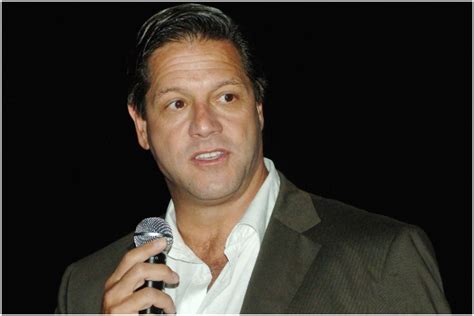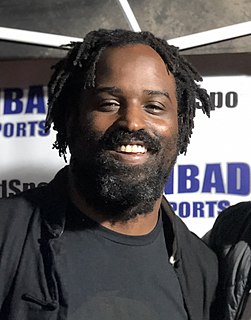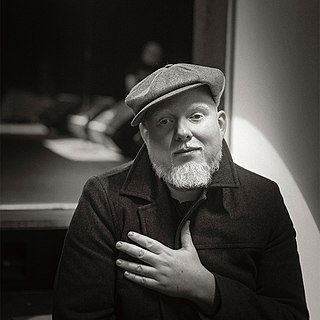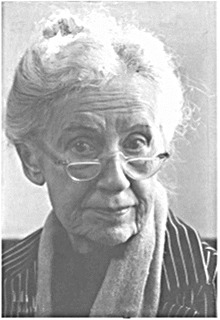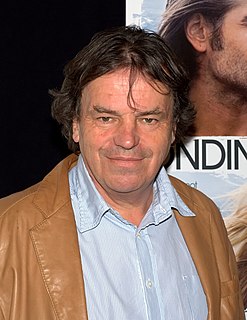A Quote by William J. Brennan, Jr.
Congress acknowledged that society's accumulated myths and fears about disability and disease are as handicapping as are the physical limitations that flow from actual impairment.
Quote Topics
Related Quotes
Don't separate the mind from the body. Don't separate even character - you can't. Our unit of existence is a body, a physical, tangible, sensate entity with perceptions and reactions that express it and form it simultaneously. Disease is one of our languages. Doctors understand what disease has to say about itself. It's up to the person with the disease to understand what the disease has to say to her.
It may be said that myths give to the transcendent reality an immanent, this-worldly objectivity. Myths speak about gods and demons as powers on which man knows himself to be dependent, powers whose favors he needs, powers whose wrath he fears. Myths express the knowledge that man is not master of the world and his life, that the world within which he lives is full of riddles and mysteries and that human life also is full of riddles and mysteries.
A savant, by definition, is somebody who has a disability and, along with that disability, has some remarkable ability. Prodigies and geniuses have the remarkable abilities that the savant shows, but they do not have a disability. So, by definition, a savant includes someone with a disability, and a prodigy or genius are people who have these remarkable skills but they do not have a disability.




